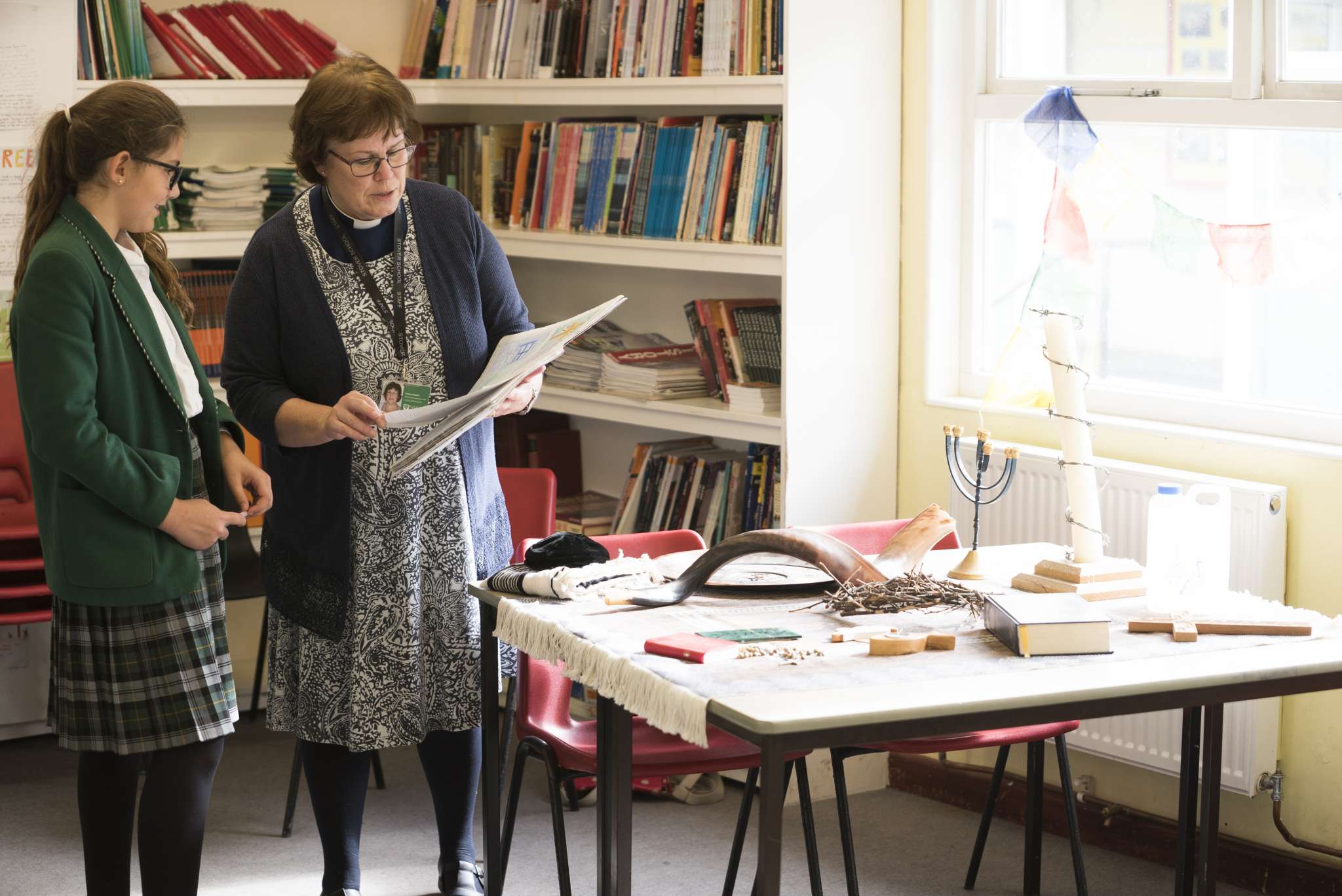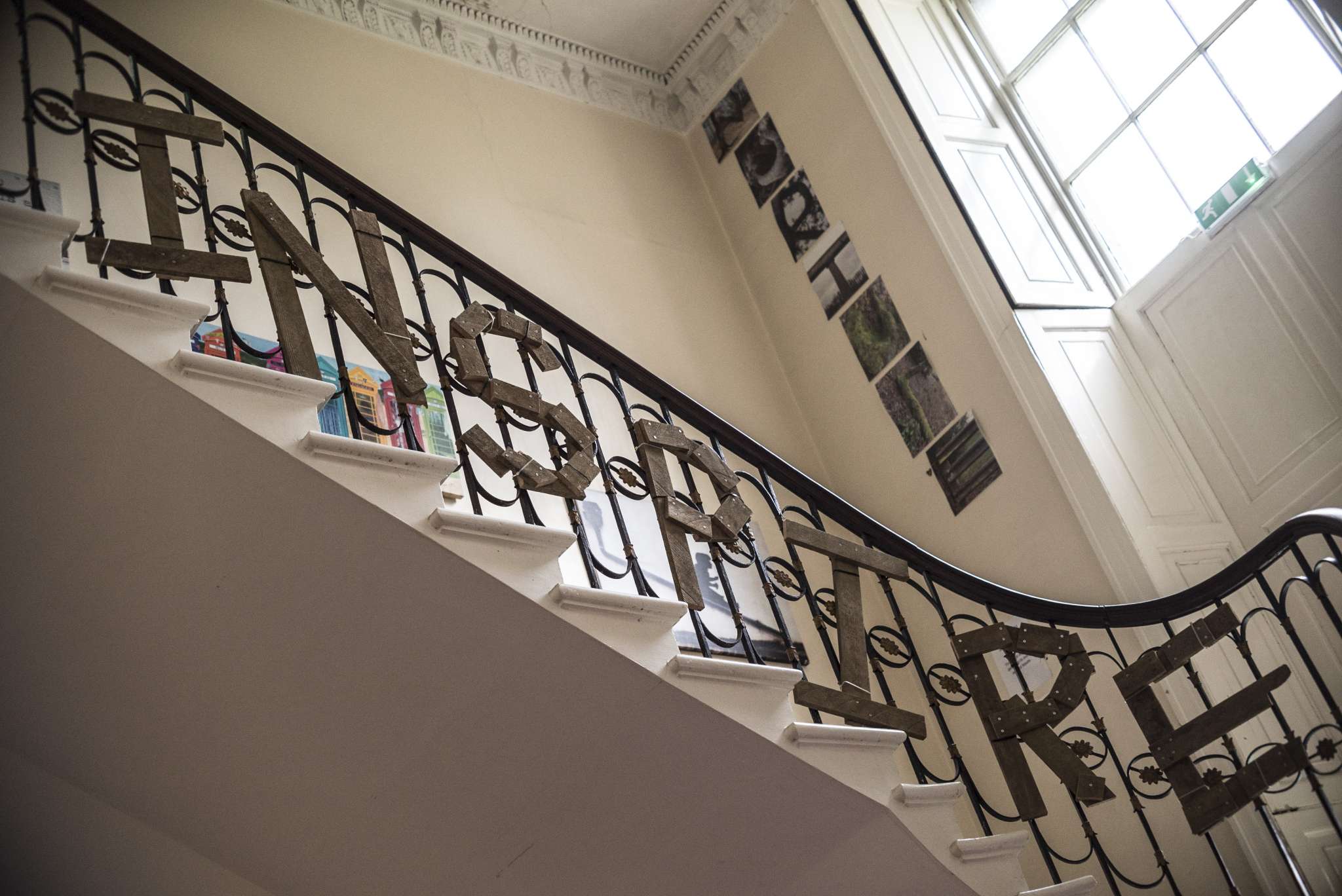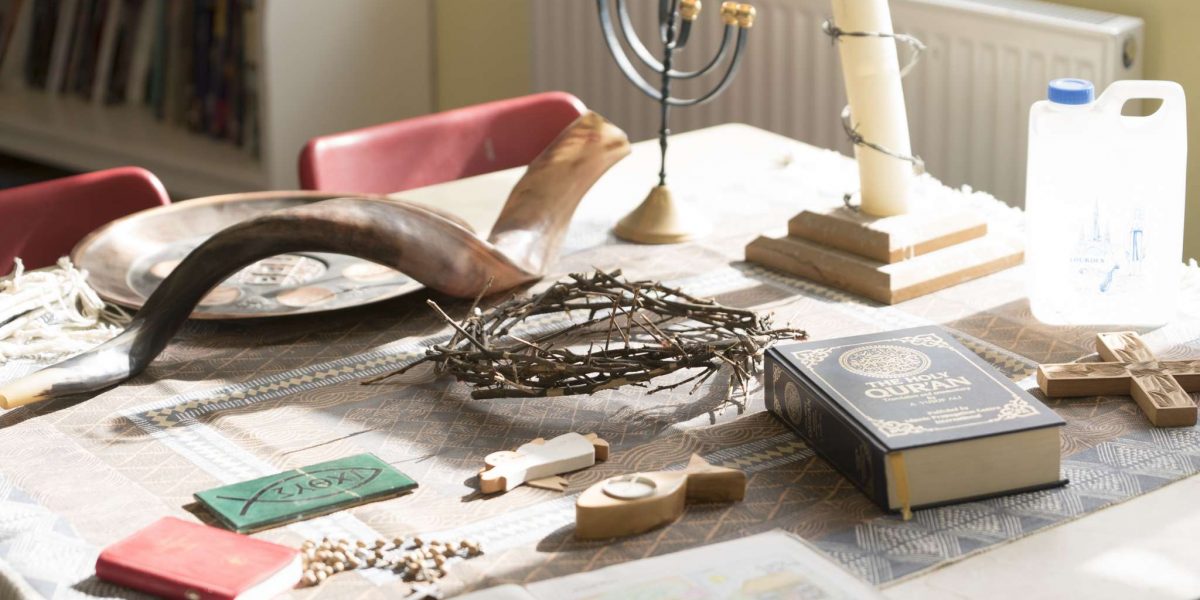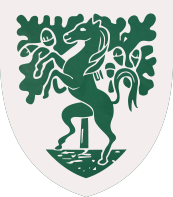Religious Studies (RS) plays a key role in students’ spiritual and moral development and makes a substantive contribution to social and cultural development. Spiritual development is not solely the responsibility of RS, but it is clear that RS makes a major contribution to this aspect of students’ development.

Spiritual development includes:
- the development of personal beliefs, including religious beliefs
- development of a sense of awe, wonder and mystery allowing for one to be inspired by the natural world, mystery, or human achievement
- a search for meaning and purpose which allows for a reflection on the origins and purpose of life
- self-knowledge gives one an awareness of oneself in terms of thoughts, feelings, emotions, responsibilities and experiences leading to a growing understanding and acceptance of individual identity and the development of self-respect
- the development of relationships allowing for the recognition of the value and worth of each individual
- the development of feelings and emotions and a growing awareness of when it is important to control emotions and feelings and use such feelings as a source of growth.
Moral development involves several elements:
- knowledge of the codes & conventions of conduct agreed by society – both non-statutory and those prescribed by law;
- knowledge and understanding of the criteria for making responsible judgements on moral issues;
- the ability to make responsible judgements on moral issues as they arise by applying moral principles, insights and reasoning;
- the will to behave morally as a point of principle.
- Morally educated school leavers should be able to:
- distinguish between right and wrong;
- articulate their own attitudes and values;
- take responsibility for their own actions;
- recognise the moral dimension to situations
- understand the long and short-term consequences of their actions for themselves and for others;
- develop for themselves a set of socially acceptable values and principles, and set guidelines to govern their own behaviour;
- recognise that their attitudes and values may have to change over time;
- behave consistently in accordance with their principles.
Social development refers to students’ progressive acquisition of the competencies and qualities needed to play a full part in society – it includes:
- the quality of personal relationships;
- the ability to exercise responsibility and initiative;
- the ability to work successfully in groups and to participate co-operatively and productively in the community;
- a growing understanding of the structures and processes of society.
Cultural development refers to students’ increasing understanding and command of those beliefs, values, customs, knowledge and skills, which, taken together, form the basis of identity and cohesion in society and groups, particularly the development of appreciation of how cultural interests and achievements enrich, deepen and broaden all aspects of culture, whether artistic, literary, technological, musical, scientific, political, economic or religious.
RS can make a substantive contribution to the cultural development of students through helping them to recognise, appreciate and understand the contribution that Christianity and the other principle religions have made to the cultural heritage of Great Britain and the world, and that cultural achievement is often inspired by religious belief.
KEY STAGE 3 RELIGIOUS STUDIES – YEARS 7, 8 & 9
RS within KS3 is a broad course which encompasses the foundations of religion, asks ultimate questions about the existence of God as concept or reality and the creation of the world with its inherent experiences of both good and evil. Beyond this, our pupils are encouraged to study two key world religions, and to appreciate other world religions through the study of people of faith who have made a positive difference in this world, as well as through the celebrations and facilitation offered by the major world religions at key stages of a human life.
In Year 7, we look together at the ideas of religion: what it is, common beliefs and ideas, the location and identification of the world’s major religions, a comparison of their key ideas and practices, and specialist religious language. We ask questions about the existence of God and explore how we ‘see’ life through the lenses of our personal experience, acknowledging that as we learn about different religions, we may learn more about ourselves. We ask questions about creation, good and evil as we study the Judea-Christian Creation Story and C S Lewis’ allegories ‘The Magician’s Nephew’ and ‘The Lion, The Witch and the Wardrobe’, which lead us into a closer study of the person of Jesus Christ, the world he came into, his teaching, the things that he did and Christian belief that he is the Son of God.
In Year 8 we focus on the religion of Judaism, its history, heroes and traditions, making links between the religions of Islam and Christianity. Whilst looking at how rites of passage in a human life are marked and celebrated within Judaism, we broaden our study to compare and contrast rises of passage within other world religions and amongst indigenous peoples.
In Year 9 we study philosophy and in particular the five most often asked philosophical questions, using film, art, song and literature as stimuli. We move on to identify our personal beliefs about life before studying people of faith such as Martin Luther King Jr, Mahatma Gandhi and Mother Theresa, who have made a positive impact on the world in which we live through their own belief systems. Finally, we look at how Christianity has been portrayed in film.
Through Years 7 to 9 it is hoped that our pupils will stretch their enquiring minds and enjoy developing the ability to talk and write about aspects of life which do not have easy answers, as found within the world’s major religions. The skills they will learn are ultimately transferable and formative in every area of life, and will presage the skills needed to study RS at both GCSE and A level.
GCSE RELIGIOUS STUDIES
Examination Board: OCR Specification code: Full Course J625
Belief, of whatever kind, is something that affects the way people live and behave, and therefore is a vitally important area of study. At Stover we believe that there is more to being educated than simply the acquisition of knowledge and skill. We believe that part of the task of education is to help young people ‘to become fully human.’
This course aims to develop your knowledge and understanding of the world in which you live by exploring the ideas and beliefs of some of its inhabitants. It also gives you the opportunity to explore your own ideas and beliefs.
You will be encouraged to discuss and debate, to listen to others and form your own opinions based on balanced and well informed arguments.
These issues will be studied through Christianity and Hinduism or Islam.
Assessment
Three written examinations
Paper 1
Christianity,
Paper 2
Hinduism, Beliefs, Teachings and Practices or Islam, Beliefs and teachings & Practices
Paper 3
Religion, Philosophy and Ethics in the modern world from a religious perspective. (Christianity)
Value: Religious Studies is a valuable preparation for adult life and for any career which requires critical and independent thinking. It engenders an awareness of the diversity of belief and an appreciation of alternative viewpoints. It is one of the Humanities fully recognised by Further and Higher Education. It has links to English, History, Law, Politics, Psychology, Medicine and Anthropology.

A Level PHILOSOPHY & ETHICS
Examination Board: OCR A Level in Philosophy & Ethics Specification code:
God the greatest thing imaginable? Do humans have a soul? What happens when we die? Does an embryo have a right to life? Is planet earth a living organism? These are some of the questions A Level students of religion, philosophy and ethics discuss on the two-year course. Philosophy and Ethics students will need to remain open-minded and be prepared to research independently, to critically analyse texts and the ideas of the key thinkers. They will learn how to structure their arguments in writing and how to actively engage with philosophical thinking during class discussions and debates.
Specification units
Philosophy of Religion
Ancient philosophical influences
Religion and Ethics:
Normative ethical theories
Developments in Religious Thought:
Religious beliefs, values and teachings, their interconnections and how they vary historically and in the contemporary world.
ASSESSMENT
To achieve the full A level, students take three two-hour written papers on each topic. Each paper is worth 120 marks. The papers are marked on knowledge and understanding and the ability to develop a critical response to theories and ideas. Philosophy is a dynamic and active subject. Philosophy students of will be given opportunities to learn the art of practising philosophy through group and individual inquiry. Students will explore theories and ideas through mind-maps, charts, flow diagrams, pair discussion, group debate, critical reading of books, articles, film, lectures and podcasts. They will be taught reading for understanding, note-taking, academic writing and research skills and will be shown how to structure arguments and present a case verbally and in writing. Most importantly, students of philosophy will have fun!
Career Opportunities
A course in Philosophy and Ethics is highly valued by universities and employers. The course equips students to think independently and collaboratively and to develop reasoning skills.


